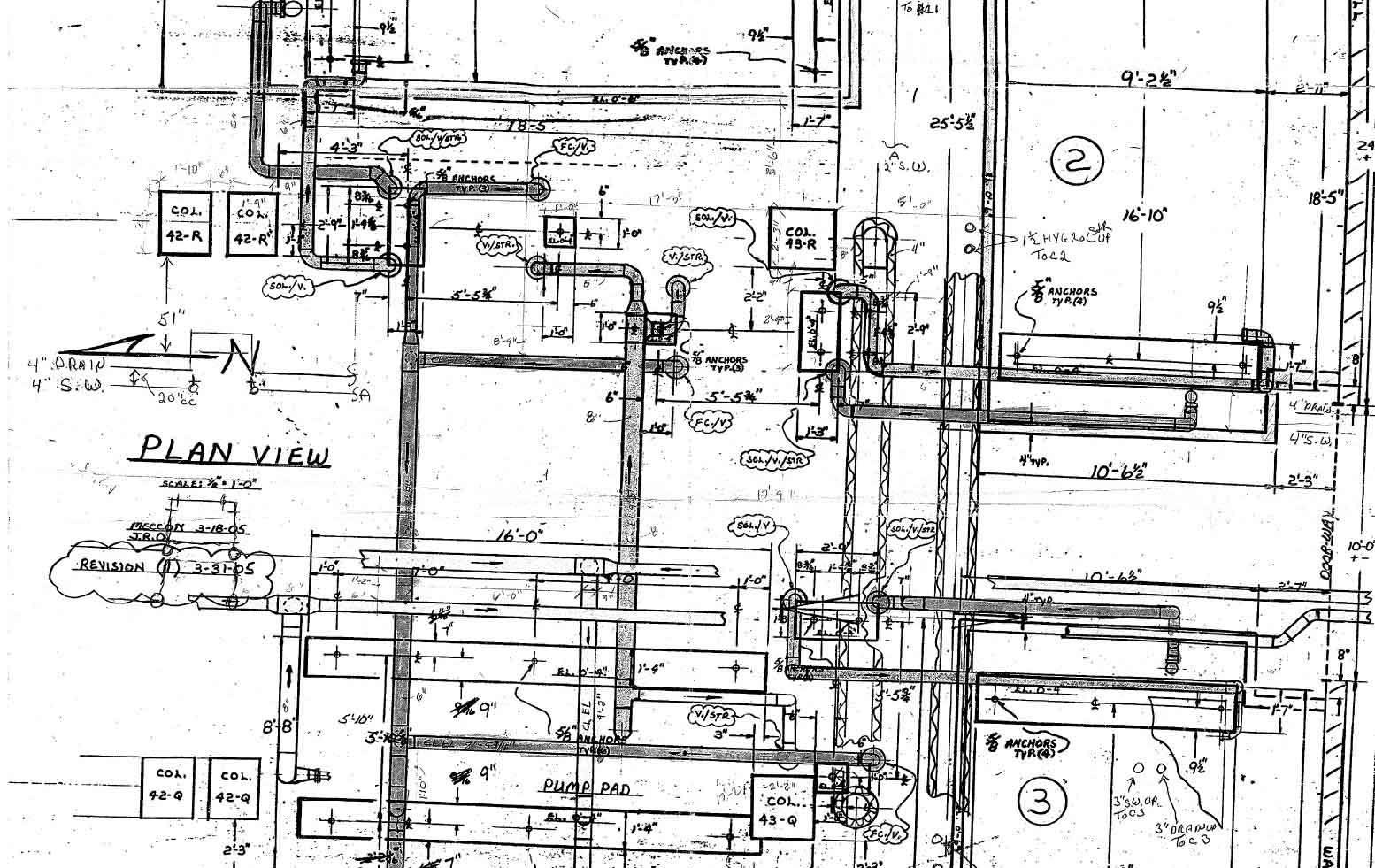
We’re all looking to make the most out of our crazy Dallas weather.
And with such a wide variety of places to live in our city – from ultra-sleek modern condos to rustic, one-of-a-kind, single family houses (sometimes on the same block) – the options for heating and cooling can get confusing.
Two of the most common heating options you’ll encounter are forced air and radiator heating. Let’s look at some of the pros and cons of both…
Forced-Air Furnace
Forced-air systems use air as their heat transfer medium. That is, they literally warm the air in your home. How does that work?
Put most simply, these systems function by heating air at a central point, called the air handler, which can be powered by either gas or electricity, depending on the unit (typically gas in Dallas.) This hot air is then distributed throughout the home via a blower motor and the home’s duct system, the same ductwork and vents used by a central air conditioner. As with all heating systems, temperatures are controlled using thermostats.
Chief among the pleasures of the forced-air system is its ease of use, and the fact that all of the ductwork for central cooling is already in place – you won’t need to rely on separate AC units or costly installation and renovation projects to easily keep your home comfortable in the warmer months. And gas-based furnaces – particularly high-efficiency models – are generally thought to be a relatively efficient, green choice.
There are some drawbacks to the system. The fact that warm air is literally blown from your vents can lead to a drafty environment. While cool drafts can be pleasant in the summer, many people don’t like feeling drafts in the winter. Because heat rises and tends to escape, forced air can be tricky to regulate and heating may be slightly uneven across your home. The air circulated by these units can be dry, and humidifier options are notably poor, and blown air can spread allergens and germs. If you have a forced air system, it’s important to make sure you change your air filter regularly to maintain the best possible air quality for you and your family.
Radiator Heating
Rather than heating then circulating air, radiator systems – more common in older Dallas homes – work by circulating hot water to heat your home from a boiler. There are two primary types of boilers: hot water and steam. Hot water boilers distribute their heat through small hot water pipes, which warm up in-room units, including baseboard units or the more classic cast iron radiators. Steam boilers work similarly, sending steam through a series of pipes to heat the radiator units across your home.
In each room, the cast iron or baseboard radiator works through radiation (emanating heat) and, more importantly, convection. As it warms the air around it, cool air is forced into and through the radiator, which creates air currents distributing heated air throughout the room.
There are numerous advantages to the radiator system: Boilers and radiators produce a steady, constant heat with a consistent temperature. And because this is a hydronic (water-based) method of heating, it won’t create drafts, dry out your air, or spread any potential allergens through your home.
Though they don’t require filter changes, boiler systems can be more costly to install and maintain than forced-air heating. And if it’s an older unit in an older building, there’s a good chance that your boiler is not operating up to modern standards of efficiency. The biggest con: You’ll have to use a completely separate method to cool your home, such as fans or standalone AC units. It’s extremely difficult to fit a central air system into a radiator-heated home without a major undertaking to build in new ductwork and vents.
Still need help figuring out your HVAC system? We’re here to help! Drop Combat Plumbing a line for all of your questions or concerns, day or night.








